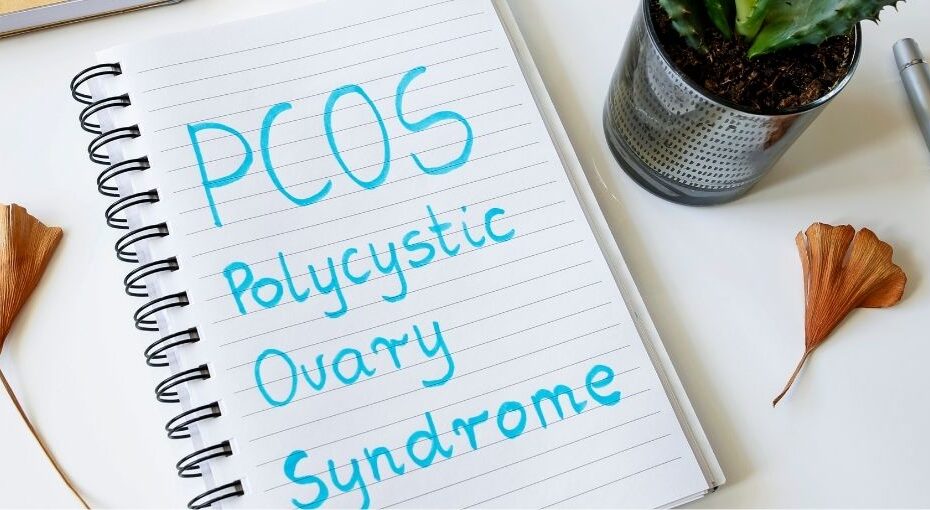Polycystic ovary syndrome (PCOS) is one of the most commonly diagnosed endocrine disorders in women of reproductive age. The clinical symptoms are defined by irregular cycles, ovulation irregularities, increased androgenic hormones and ovaries with multiple cysts.
Due to the ovulation dysfunction in PCOS – infertility is a common concern for individuals given this diagnosis.
At its core insulin resistance and hyperandrogenism (high androgens) are the factors, which are considered causal in the syndrome.
Excess body fat in women who are both obese and non-obese can, worsen the symptoms as hormones work as a feedback loop. Meaning; the more body fat, the more metabolically active these cells are, thus producing more androgens and inflammatory messenger molecules called cytokines.

Dietary therapy is well researched as an effective treatment for polycystic ovarian syndrome. The types of diets most studied include – low carbohydrate diets, Mediterranean diet, and DASH (dietary approaches to stop hypertension) diet. From this research it was determined that lower carbohydrate intake improved fertility outcomes as well as regulated menstrual cycles. When calorie restriction was also added the symptoms of high androgens also improved. (1)
What does this all mean;
- Diet can be used as a form of treatment – individual engagement into dietary tracking is important initially to ensure macronutrient goals are being met.
- Don’t stop with just diet there are a number of other lifestyle (think moving your body) and supplementary (insulin balancing) treatments that support polycystic ovarian syndrome.
- Insulin resistance doesn’t show up with your standard glucose screening – completing a 2 hour insulin glucose challenge will help to determine the degree of insulin resistance.
References
(1)Shang Y, Zhou H, He R and Lu W (2021) Dietary Modification for Reproductive Health in
Women With Polycystic Ovary Syndrome: A Systematic Review and Meta-Analysis. Front. Endocrinol. 12:735954. doi: 10.3389/fendo.2021.735954
